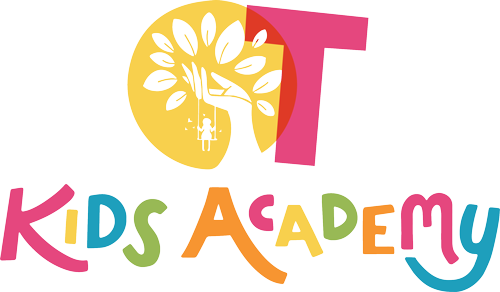occupational therapy
What is occupational therapy?
Occupational Therapy helps a child reach their potential to participate in everyday activities at home, in social settings and in school environments.
A Paediatric Occupational Therapist specialises in understanding child development. Whilst no two children are the same and they all develop at different rates, there is a typical range and pattern for this development.
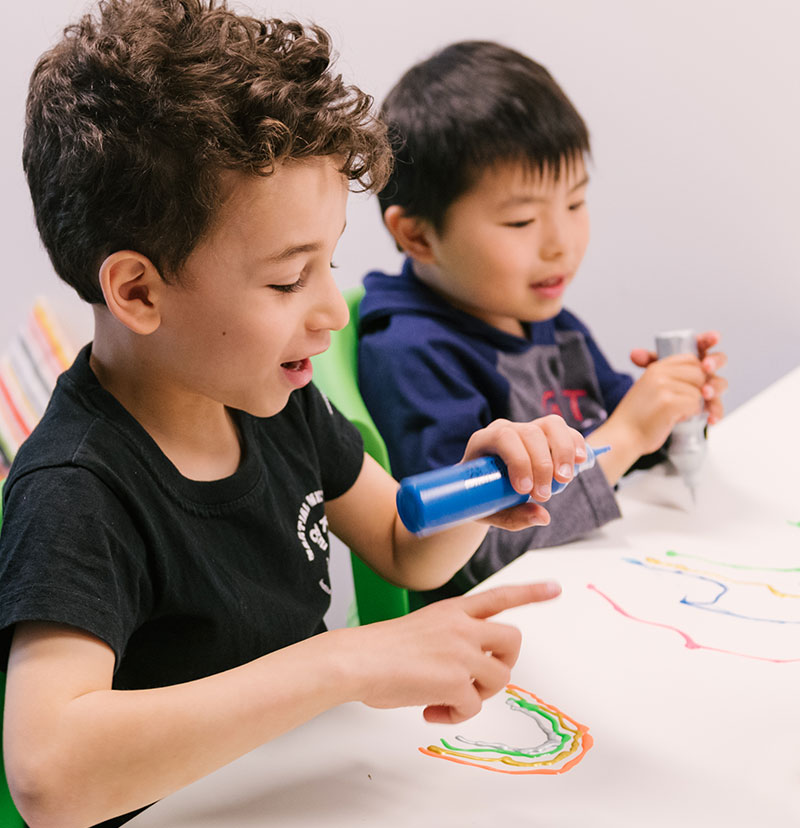
Our OT Services
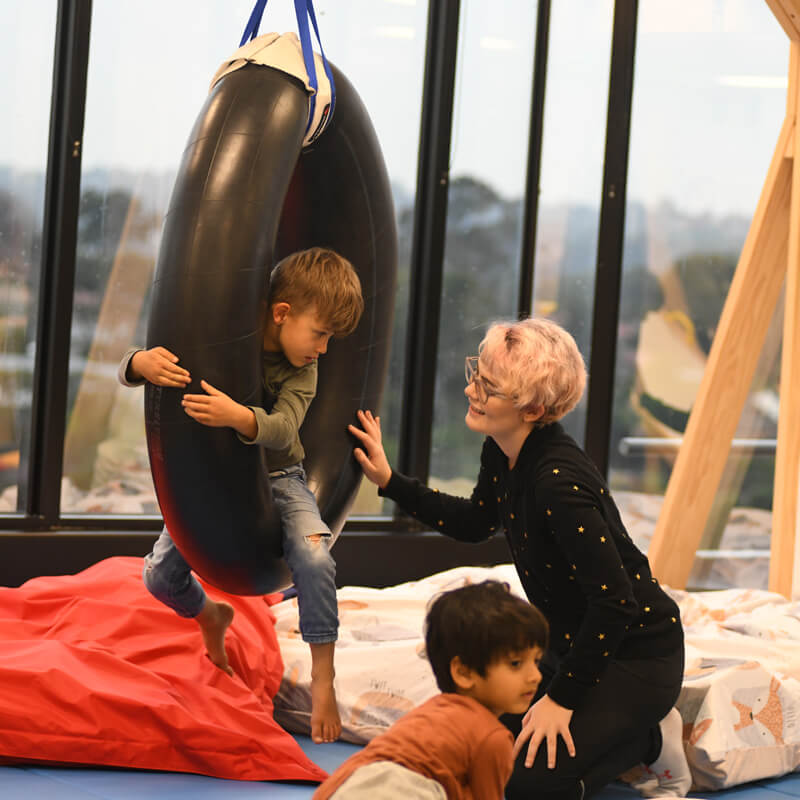
In-clinic Sessions
Our in-clinic spaces are specially tailored to providing child and teen friendly intervention, and therefore are a great option for your child’s treatment. We have a variety of gyms, play rooms, sensory spaces, kitchen and fine motor rooms.
Individual OT sessions
The OT works with you and your child one on one in the clinic setting. Treatment may be conducted in one or more of our treatment rooms depending on your child’s goals.
Buddy sessions
When your child works alongside another child receiving OT treatment, for some children this may be a good stepping stone into a larger group program or as part of meeting a goal.
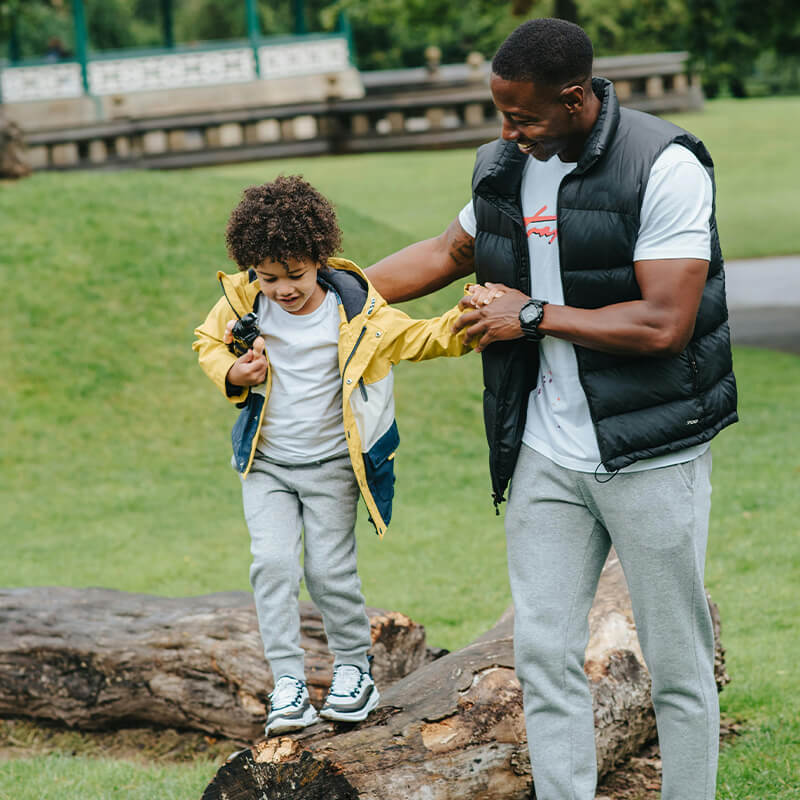
In Community Settings
OT can be delivered in an environment that is relevant to your child to maximise their independence. This can be at a park or community setting, such as a trip to the shops, taking public transport or a play date.
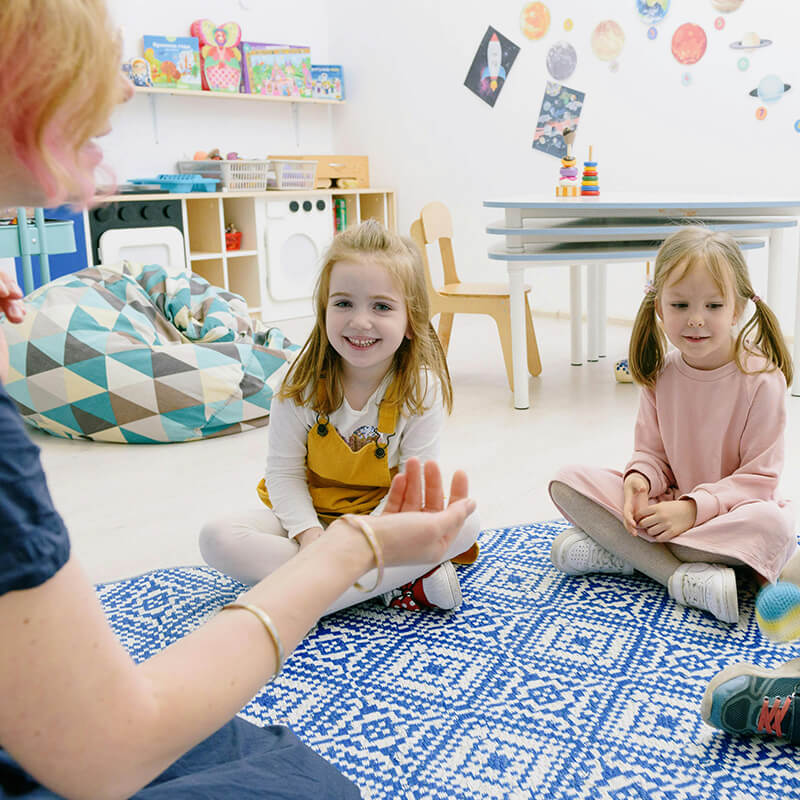
School or Daycare Visits
As part of your child’s treatment plan, we may identify that OT within the school or day-care environment would best address your child’s goals. These can vary from one off visits to regular sessions or a short block at school.
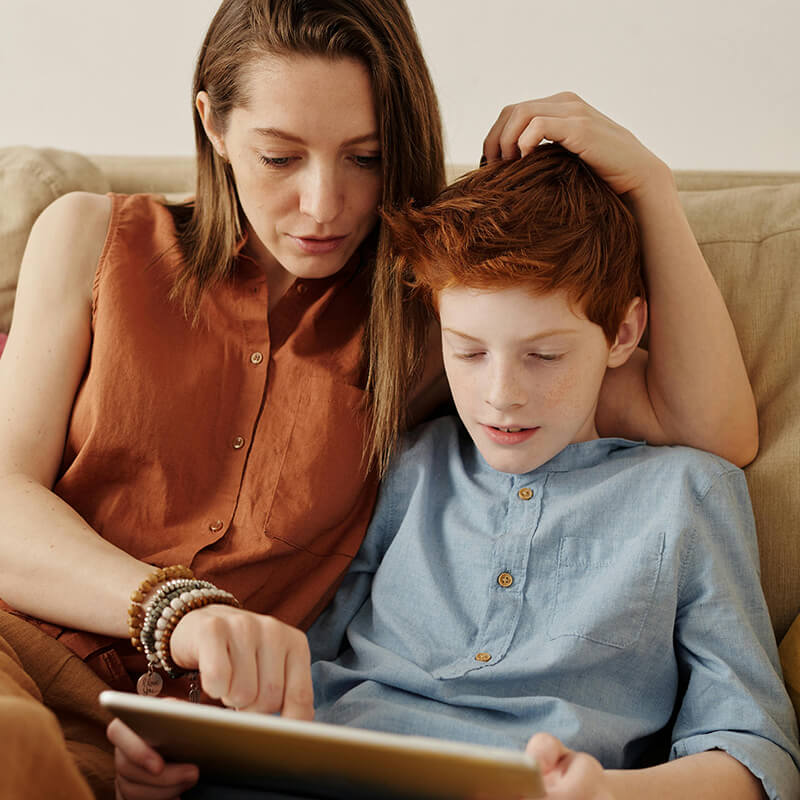
Teacher or Parent Consultations
Feedback, coaching or education to those involved in your child’s life may be helpful as part of the success of therapy goals. This can be done either in-person or virtually.
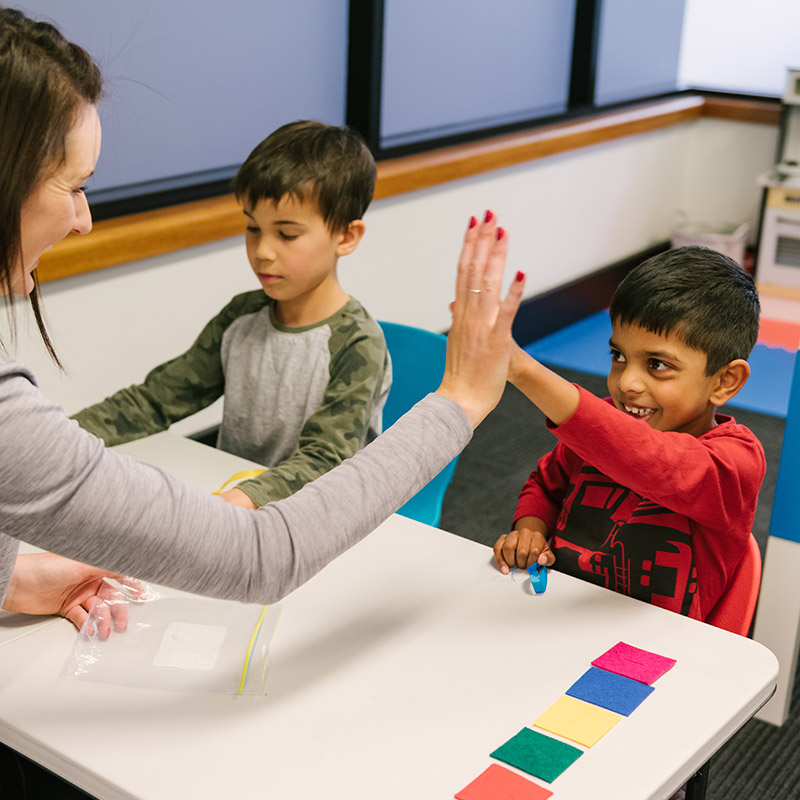
Occupational Therapy Home Programs
Home programs are an essential part of occupational therapy, helping children make consistent progress between sessions. Since most children attend therapy only once or twice a week, practicing recommended activities at home is crucial for achieving their goals.
Your child’s therapist will provide a customised home program based on their needs, which may include:
- Sensory Diet – A personalized set of activities to help regulate your child’s sensory system. This may include movement, heavy work, tactile play, or oral-motor exercises to support focus and engagement.
- Exercises – Fun, targeted activities to build strength, coordination, balance, and body awareness. These exercises often look like games to keep children motivated.
- Skill Development – Specific activities such as mazes, handwriting tasks, or planning and organization exercises to build fine motor, visual motor, and problem-solving skills.
Following a home program alongside regular therapy sessions maximizes progress and helps your child develop independence in daily activities.
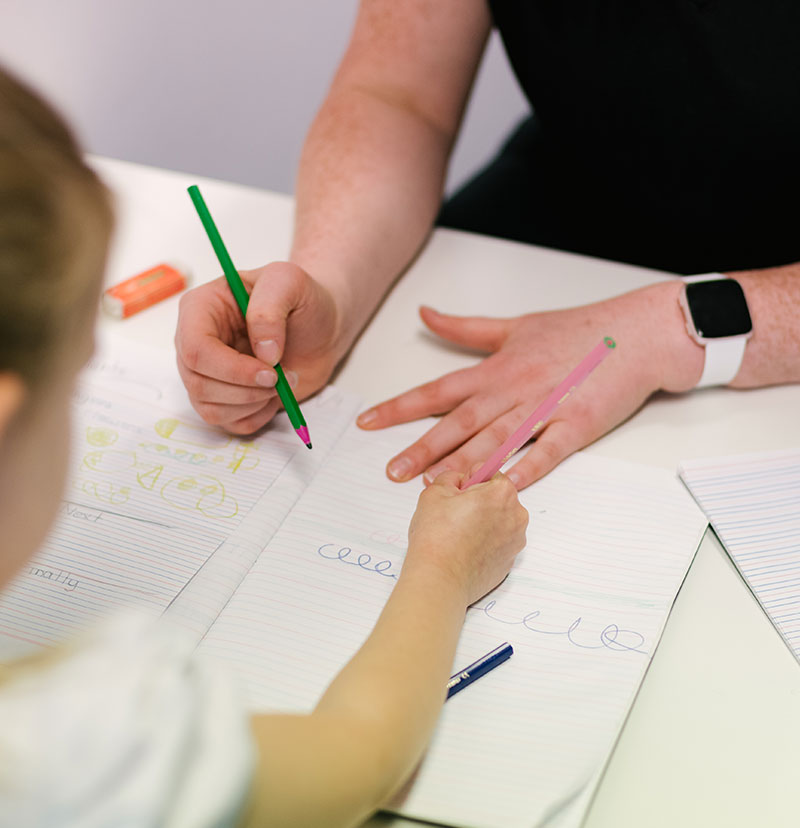
Assessments & Reports
How can OT help?
Early development
- Meeting early motor milestones
- Fearful or avoidant of typical play
- Helping with eating, sleeping or toileting
- Sensory processing
- Play skills
- Cognitive and early communication skills
Fine motor skills
- Establishing correct pencil grip
- using cutlery, scissors or in–hand tools
- Using buttons, zips or fastening
- Manipulating toys and puzzles
- Engaging in fine motor play or tabletop work
Movement and gross motor skills
- Rhythm and fluency in movement
- Developing co-ordination of arm and leg movements
- Reducing falls/tripping and bumping into things/people
- Maintaining upright sitting posture at table
- Developing dominant hand and bilateral integration
Feeding skills
- Reducing avoidance of certain foods/textures
- Reducing excessive drooling
- Increasing chewing speed
- Less ‘messy’ eating
- Reducing overstuffing mouth/food left in mouth
- Increased control of food in mouth/less food falling from mouth
Sensory processing and behaviour
- Developing skills to process sound, movement, touch or taste
- Increasing responsiveness to certain sensations, if often misses information or doesn’t notice, such as a high pain tolerance or doesn’t notice cuts/bruises
- Increased attention skills
- Interoceptive skills
- Regulating emotions through various sensation experiences
Social interactions
- Talking, playing and engaging with other people
- Listening and responding appropriately to others
- Teamwork
- Collaborative problem solving
Play skills
- Developing beyond parallel play
- Initiating play
- Expanding play ideas
- Flexible and spontaneous in play
- Sharing toys, turn taking
Emotions and regulation
- Less emotionally reactive – show their feelings in behaviour
- Increased skills to cope with change
- Ability to calm self when upset
- Reduction in challenging behaviours
- Using language to describe emotions or problems
- Increased resilience and problem-solving skills
School-based tasks
- Attention and concentration
- Following instructions
- Executive functioning
- Handwriting and written expression
- Independent work
- Confidence and resilience
Self care
- Toileting
- Washing and dressing
- Feeding and eating skills
- Home routines
Trauma
- Safe and sound protocol
- Therapeutic listening
- Attachment and Relational
- Regulation and safety
- Body, movement and sensory processing
More to explore
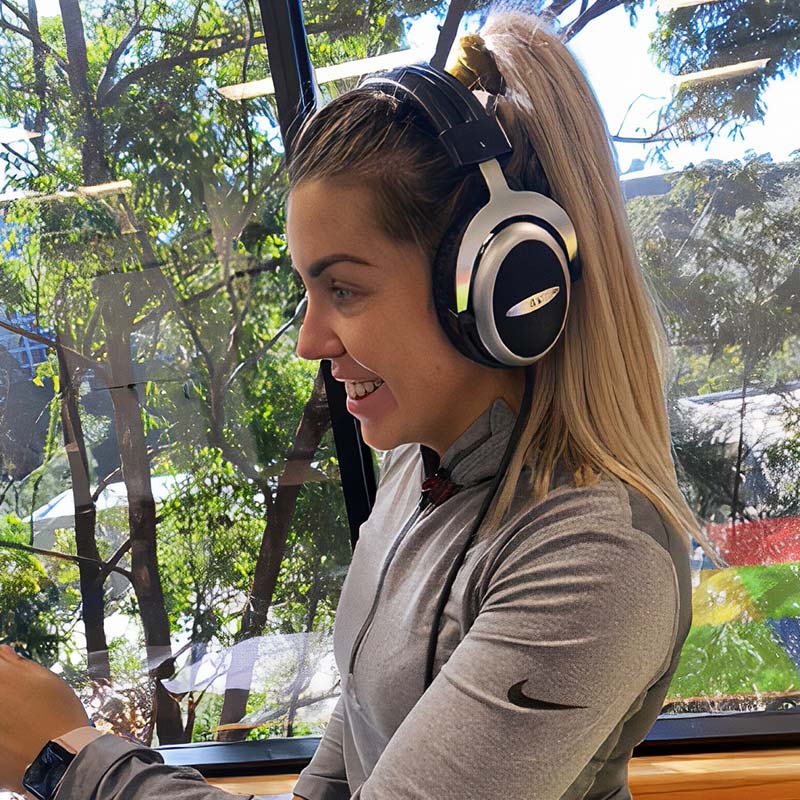
SERVICES

GROUP THERAPY

ABOUT US
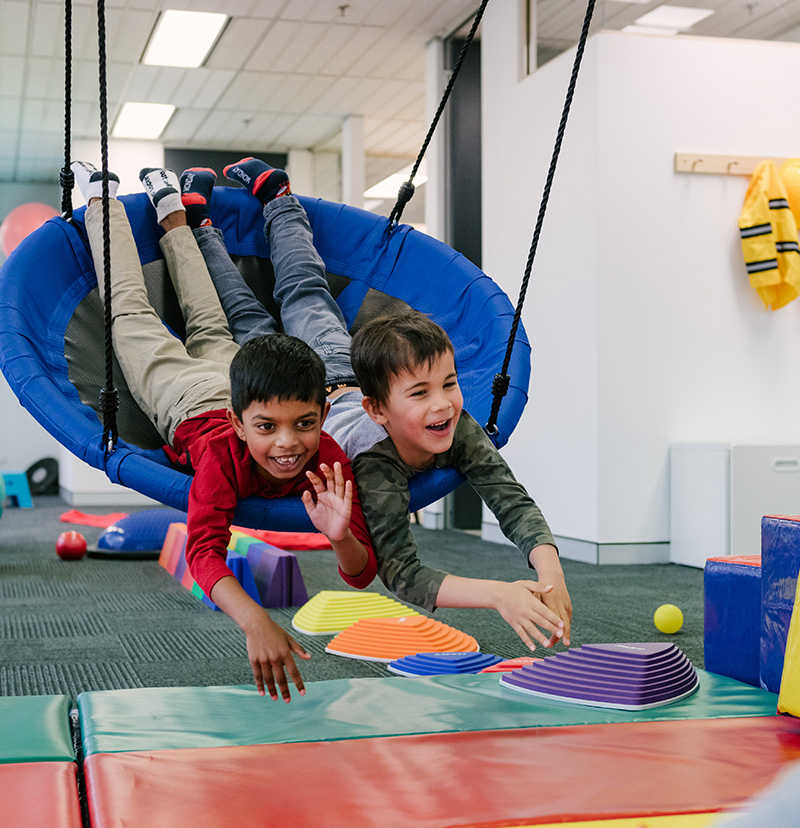
OUR SPACE
We would love to meet you
Contact us to schedule a consultation or learn more about our services.
(02) 8040 0876
Visit us
Ground Floor
18-20 Orion Road
Lane Cove, Sydney, NSW 2066
